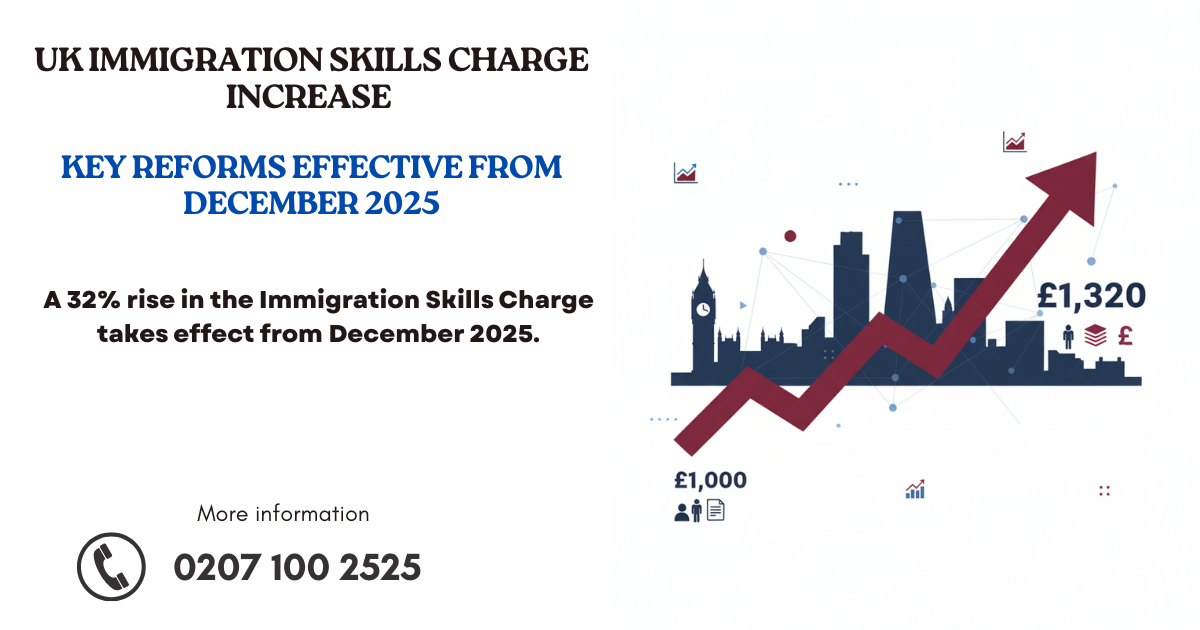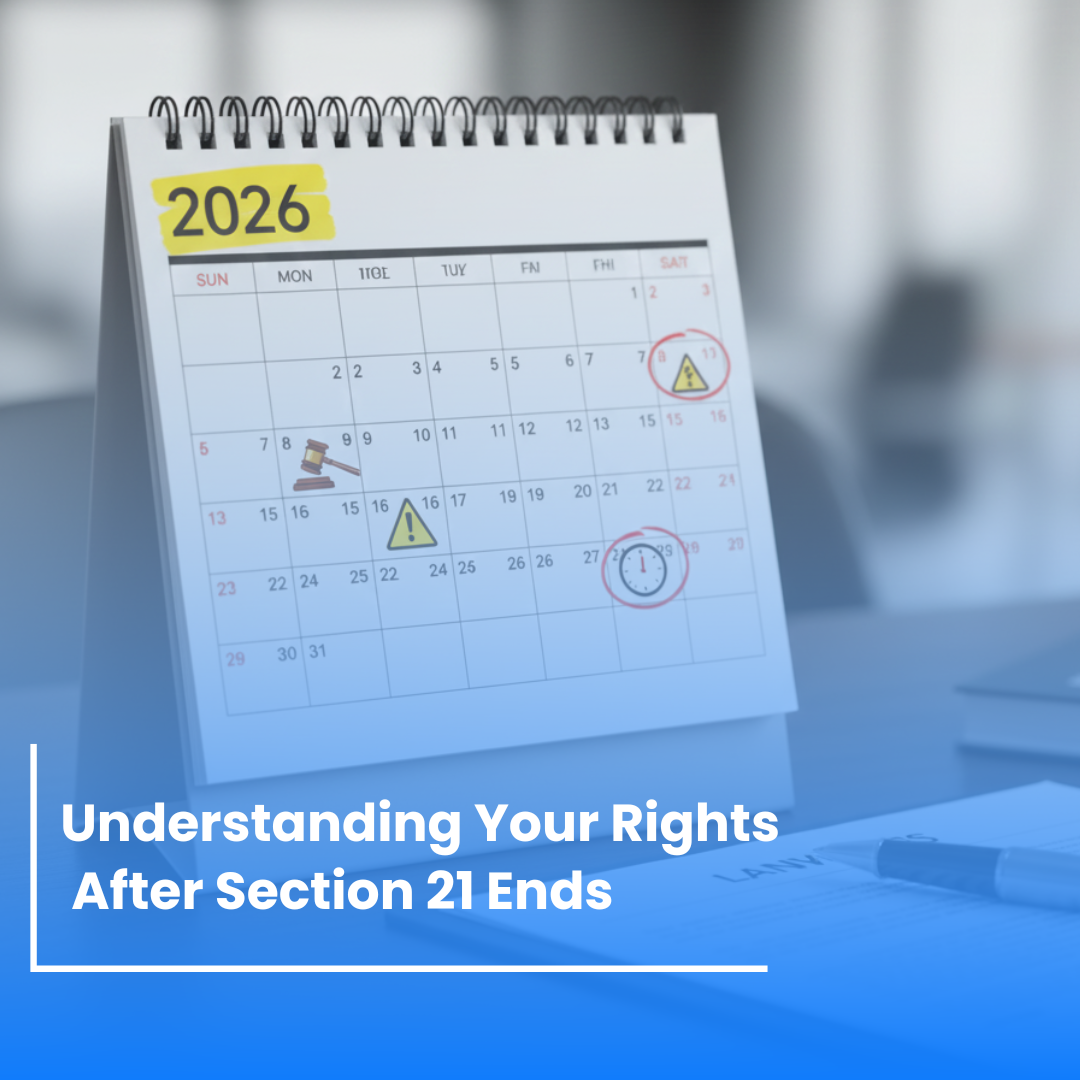How Are Assets, Property & Pensions Divided in a UK Divorce? A Guide by Expert London Divorce Solicitors
What will happen to our money and things?
Clients from all over London and the UK ask us this question every day at Adam Bernard Solicitors. Dividing up assets in a divorce can be hard, especially if you’re worried about the house, your savings, or your pensions. Whether you’re the higher earner or a stay-at-home parent, you have legal rights and protections. At Adam Bernard Solicitors, we help you understand where you stand and build a strategy to protect what matters to you most. Our goal is a fair, realistic settlement — without unnecessary stress or surprises.
What counts as an asset in a UK divorce?
When two people get divorced, “assets” are anything that has value. That includes the family home, other properties, savings accounts, pensions, investments, cars, and even things like premium bonds or cryptocurrency. If either of you runs a business, that could also be part of the financial settlement.
In England and Wales, the law focuses on “matrimonial assets,” which are things that were built up during the marriage. No matter who legally owns them, these are usually split up. You may not have to include non-marital assets, like a house you owned before the marriage or an inheritance, but this isn’t always the case. This is especially true if they were used during the marriage or to meet someone’s needs.
We at Adam Bernard Solicitors help you figure out exactly what’s in the “pot” and make sure that everything is properly disclosed. Things like these are included:
- Finding secret bank accounts or assets in other countries
- Correctly figuring out how much pensions, businesses, or real estate are worth
- Making sure that nothing is missed during disclosure
- When necessary, we work with trusted financial experts to make sure the asset pool is fair and complete.
Is everything split 50/50 in a divorce?
You may have heard that assets are split evenly, but that’s not the whole story.
Equality is the starting point in law, but it doesn’t always stay that way. The court’s goal is to be fair, which means looking at each person’s situation. For instance, they might get a bigger share if one person will be fully responsible for the kids or makes a lot less money.
The court will look at factors like:
- Your ages and health
- Your incomes and earning capacity
- Your housing needs
- Contributions made during the marriage — both financial and non-financial (such as childcare)
- The length of the marriage
Every situation is different. That’s why we don’t apply a one-size-fits-all solution. At Adam Bernard Solicitors, we tailor our approach to your situation — whether you’re protecting assets, making a fair claim, or trying to avoid unnecessary conflict.
What If My Partner Is Hiding Money or Assets?
During a divorce, both people are required by law to be completely honest about their finances. The Form E is usually used for this. It lists all of your income, property, debts, pensions, savings, investments, and any other financial interests.
Sadly, some people try to hide their assets by putting money into secret accounts, undervaluing a business, or not telling the authorities about their cryptocurrency holdings. In the UK, hiding assets during a divorce is a serious crime that can result in fines or a new settlement
What About Pensions and Long-Term Financial Security?
Pensions are often the most valuable asset in UK divorces, even more so than the family home. But people often forget about them.
A pension sharing order from the court gives you a legal share of your spouse’s pension. Pensions can also be used to pay off other debts, like property or a lump sum. These choices are meant to make sure that the division is fair and that your finances are safe after the divorce.
Can You Avoid Court in a Divorce Financial Settlement?
Yes — many of our clients resolve matters through negotiation or divorce mediation, avoiding lengthy court proceedings.
But if your ex is uncooperative, hiding assets, or you’re being offered an unfair deal, we’re ready to represent you in:
FDA (First Directions Appointment)
FDR (Financial Dispute Resolution Hearing)
Final Hearing
We balance strong legal strategy with calm, clear communication — aiming for the best outcome with minimal stress.
How can Adam Bernard Solicitors guide you through a fair and stress-free divorce?
Expert Legal Strategy
We explain clearly what you’re entitled to, what assets count, and how courts typically divide them.
Full Financial Disclosure Support
We guide you through Form E, valuations, and disclosure — crucial for a fair outcome.
Negotiation & Mediation Expertise
Our aim is to resolve issues amicably where possible, saving time and stress.
Court Representation if Needed
If negotiation fails, we represent you through FDA, FDR, and Final Hearing. Our team understands financial settlements and court strategy.
Safeguarding Your Future
We can help secure freezing orders, forensic tracing, asset protection for business owners, and fair splitting of pensions
Dividing assets in divorce is often emotional and complex. But with the right legal support at Adam Bernard Solicitors, you don’t have to navigate it alone. We make sure your financial future is protected with clarity, fairness, and expert legal advice.
Frequently Asked Questions (FAQs)
How do I file for divorce in the UK?
You can file for divorce online or by post in England and Wales. The process requires proving the marriage has irretrievably broken down under the new no-fault law. A divorce lawyer in London can guide you through filing, financial settlements, and child arrangements.
Can I get a divorce without a lawyer?
Yes, but it’s risky if there are children, shared assets, or disputes. A family lawyer London can protect your rights, help negotiate settlements, and reduce stress.
How do I get child custody after divorce?
Parents usually agree via divorce mediation or apply for a child arrangements order. Courts decide based on the child’s best interests. Experienced child custody lawyers in London support you through this process.
What is divorce mediation and how does it work?
Divorce mediation is a voluntary process where a neutral mediator helps couples agree on finances and children’s arrangements, avoiding court. It’s cost-effective and less stressful.
What support is available for victims of domestic violence in London?
Victims can get urgent protective orders like non-molestation orders. A domestic violence solicitor helps with legal protection and advises on divorce or child custody safely.
How long does asset division take?
Straightforward settlements can take 4–6 months. Complex or disputed cases—especially involving businesses or pensions—may take up to 18 months or more. Timely, clear legal support helps speed things up.
Can I keep assets I had before marriage?
Assets you owned before marriage—like inheritance or property—are often non-matrimonial and not shared. But if they were mixed with joint funds or used during marriage, they may become matrimonial assets.
How are assets divided in divorce in the UK?
In the UK, assets are divided based on the principle of fairness, not an automatic 50/50 split. Courts begin with equality but then consider factors like each spouse’s financial needs, income, housing situation, children, contributions, and future earning potential.
What counts as a matrimonial asset in the UK
Matrimonial assets are assets acquired by either spouse during the marriage. These typically include:
- The family home
- Joint and individual savings accounts
- Pensions and retirement funds
- Investments, ISAs, and shares
- Vehicles, valuables, and jewellery
- Any businesses built up during the marriage
Assets acquired before marriage or through inheritance are generally considered non-matrimonial, but they can be included in the settlement if they’ve been mixed into the couple’s finances or are needed to meet either party’s needs.
Can I keep the house after divorce in the UK?
Yes, it is possible to keep the family home after divorce, but it depends on your financial situation and whether there are children involved. The court may:
- Transfer the house to one spouse
- Allow one spouse to stay until children turn 18
- Order the property to be sold and proceeds divided
Even if the property is only in one person’s name, both parties may have rights depending on the length of the marriage and family circumstances.
Do I have to share my pension in a divorce?
Yes, pensions are considered part of the matrimonial pot and can be shared, especially if they were built up during the marriage. The court can issue a Pension Sharing Order, which gives your ex-spouse a legal share of your pension.
Pensions are often the largest asset in a divorce, even more valuable than the house. Many people overlook them, but securing your share is crucial for long-term financial stability.
Can my spouse hide assets during a divorce?
Legally, both parties must make full and honest financial disclosure using Form E. Hiding assets is illegal and may result in:
- Court penalties
- Freezing orders
- A financial settlement being reopened or overturned
Common tactics include hiding money in secret bank accounts, undervaluing a business, or failing to disclose cryptocurrency or offshore accounts. Our team at Adam Bernard Solicitors specialises in forensic tracing of hidden assets.
How is a business valued and divided in divorce?
If either spouse owns a business, it may be treated as a marital asset. The court will need to assess:
- The business’s market value
- How it contributes to income
- Whether it should be sold, shared, or offset
We work with independent financial experts to ensure the business is fairly valued and you’re not left at a disadvantage — whether you’re the owner or not.
Can I keep assets I had before the marriage?
Assets you owned before the marriage, or inherited separately, may be considered non-matrimonial. However, they can still be included in the settlement if:
- They were used for the family (e.g., buying the home)
- The marriage was long
- They are needed to meet the other party’s needs
Protecting these assets often requires strong legal arguments. A specialist divorce solicitor can help safeguard pre-marital and inherited property.
What is Form E in a divorce and why is it important?
Form E is the UK’s official financial disclosure form in divorce proceedings. It includes:
- Full details of income, assets, debts, and liabilities
- Property valuations
- Business interests and pension statements
- Monthly budgets and expenses
Form E must be completed honestly and in full. Failing to do so can result in fines or your divorce settlement being challenged. We offer full support in completing and reviewing Form E disclosures.
How long does the financial settlement process take?
The timeline varies depending on whether both parties agree. Typically:
- Mediated or negotiated agreements: 3–6 months
- Court-involved settlements: 6–12 months (or longer if complex)
Delays are usually caused by incomplete financial disclosure, disputes over property or pensions, or one party refusing to cooperate. At Adam Bernard Solicitors, we aim to move things forward as quickly and efficiently as possible.
What if we have joint debts during divorce?
In divorce, joint debts like mortgages, loans, or credit cards don’t disappear. Both parties remain responsible unless:
- One party agrees to take on the full debt
- The debt is repaid or refinanced
- The court orders a division
It’s important to address debts early and protect yourself if your ex stops paying. We help clients secure agreements that avoid future financial issues.
What legal help is available for high-net-worth divorces?
If you or your spouse have substantial assets, including multiple properties, offshore accounts, trusts, or business interests, you’ll need experienced legal guidance. High-net-worth divorces often involve:
- Asset tracing
- Complex business valuations
- International elements
- Freezing orders to prevent asset disposal
Our team at Adam Bernard Solicitors is experienced in complex financial divorce cases, ensuring your wealth and future are protected.













